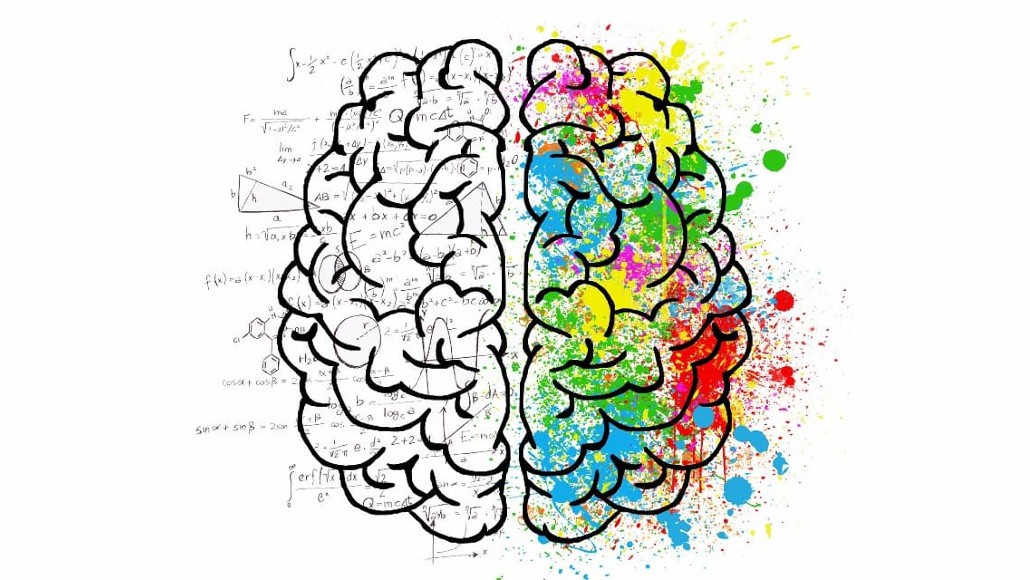A mindset, according to psychologist Carol Dweck (Stanford University professor known for her work on motivation and mindset), is a self-perception or “self-theory” that people hold about themselves. People can be aware or unaware of their mindsets and it has a profound effect on their learning achievements, skill acquisitions, personal relationships, professional success, and many other dimensions of life.
"Love challenges, be intrigued by mistakes, and effort and keep on learning."
Carol Dweck
Growth Mindset & the Brain
Many people believe that the ability we are born with is unchangeable. We often hear statements like “I just don't have a math brain” or “I am just not good at writing” etc., implying that our brains do not grow or change with time. But deep down we know this is not true. Recall the last time you wanted to learn a new skill: surfing, juggling, playing an instrument, or learn a new language for that Italy trip you had planned. Having intrinsic motivation probably helped you learn the skill.
The key term here is Neuroplasticity: The brain’s ability to reorganise itself by forming new neural connections throughout life. Neuroplasticity allows the neurons (nerve cells) in the brain to compensate for injury and disease and to adjust their activities in response to new situations or to changes in their environment.
Neuroplasticity is the reason our brains do “grow”, i.e. form new connections. Our brains are shaped by experiences, learning, and adaptation. Watch the video below for some more information on neuroplasticity and the brain.
Growth Mindset Quiz
The Mindset Assessment is a quick diagnostic tool drawn from research-validated measures for people aged 12 and over to use to assess their mindsets. It has been used in many studies to show how mindsets can change and can be used to identify areas in which you can work toward a growth mindset. You will be delivered personalised feedback after you submit the assessment.

